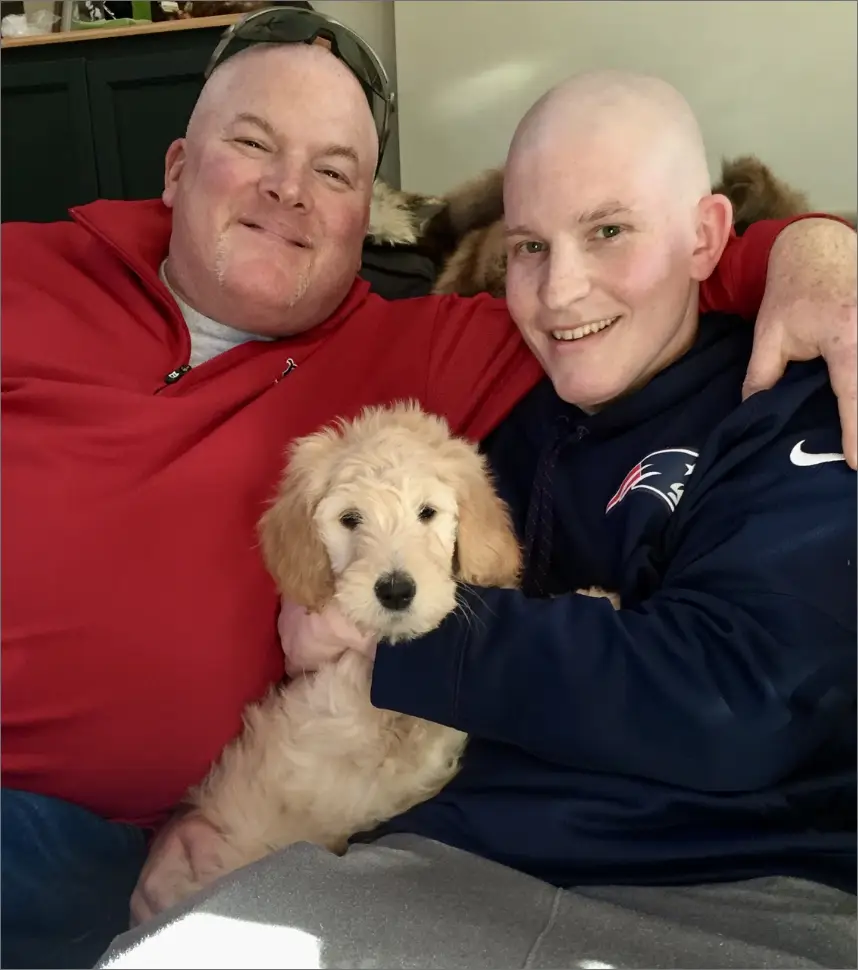
Connor's Dad, and Honor Connor Co-Founder
As I sit down to write this, my heart aches with a pain that no parent should ever have to endure. The loss of my son to suicide has left a void that words can scarcely describe. His struggle with mental health and substance use disorder was a silent battle, one that he fought with immense courage but ultimately lost. Today, I want to share our story in the hope that it might resonate with others, break the stigma surrounding men’s mental health, and perhaps save a life.
Men are often taught to be stoic, to hide their emotions, and to soldier on regardless of the internal battles they may face. My son, like many men, embodied this societal expectation. But beneath his strong exterior was a sensitive soul, filled with empathy for others and a deep capacity for feeling. He carried the weight of the world on his shoulders, feeling the pain of those around him as if it were his own.
Growing up, I always encouraged my children to be open about their feelings. Yet, despite my best efforts, my son felt he had to conform to the stereotype of the “strong, silent man.” He didn’t want to burden us with his troubles or appear weak. This is a common narrative among men, and it’s one that needs to change.
Mental health struggles often coexist with substance use disorders, creating a complex web that’s hard to unravel. My son turned to substances as a way to numb his pain, to quiet the storm inside his mind. It was a temporary escape, but one that ultimately exacerbated his struggles.
Substance use can be a coping mechanism for many who suffer from mental health issues. It offers a fleeting sense of relief but leads to a cycle of dependency and worsening mental health. It’s crucial to understand this connection and approach both issues with compassion and comprehensive care.



Looking back, there were signs that my son was struggling. He became more withdrawn, his interests faded, and there were days when he seemed distant, lost in his thoughts. At the time, I chalked it up to the typical challenges of young adulthood – stress from school, finding his place in the world, and navigating relationships.
It’s crucial for us as parents, friends, and loved ones to recognize these signs and understand that they might indicate a deeper issue. Changes in behavior, mood swings, loss of interest in activities, and withdrawal from social interactions can all be red flags. If you notice these in someone you care about, don’t hesitate to reach out.
The stigma surrounding men’s mental health and substance use disorder is pervasive and damaging. Society often views men as less emotional or less susceptible to these issues. This harmful stereotype prevents many men from seeking the help they need. It’s time we challenge this narrative.
Mental health struggles and substance use disorders are not signs of weakness. They are human experiences that can affect anyone, regardless of gender. Encouraging open conversations about these issues and providing a safe space for men to express their feelings is essential. We need to let our sons, brothers, fathers, and friends know that it’s okay to not be okay.
If my son had felt that he could openly discuss his struggles, perhaps he would still be here today. Seeking professional help from a therapist or counselor can be a life-saving step. There are also numerous support groups and resources available specifically for men. It’s important to spread awareness about these resources and encourage their use.
For those supporting someone with mental health and substance use issues, patience and understanding are key. Listen without judgment, offer your support, and remind them that seeking help is a sign of strength, not weakness.
Losing my son has been the most devastating experience of my life. But in his memory, I want to be a voice for change. We must work together to create a society where men feel comfortable seeking help for their mental health and substance use issues, where they can speak openly about their struggles without fear of judgment or ridicule.
To anyone reading this who may be struggling: You are not alone. Your pain is valid, and there is help available. Reach out, speak up, and take the first step towards healing. Your life is worth fighting for.
In memory of my beloved son, I will continue to advocate for mental health and substance use disorder awareness and strive to break the stigma surrounding men’s mental health. Together, we can make a difference and save lives.
Dealing with the loss of a loved one to suicide is complicated. We’re here help start the conversation & stop the stigma.